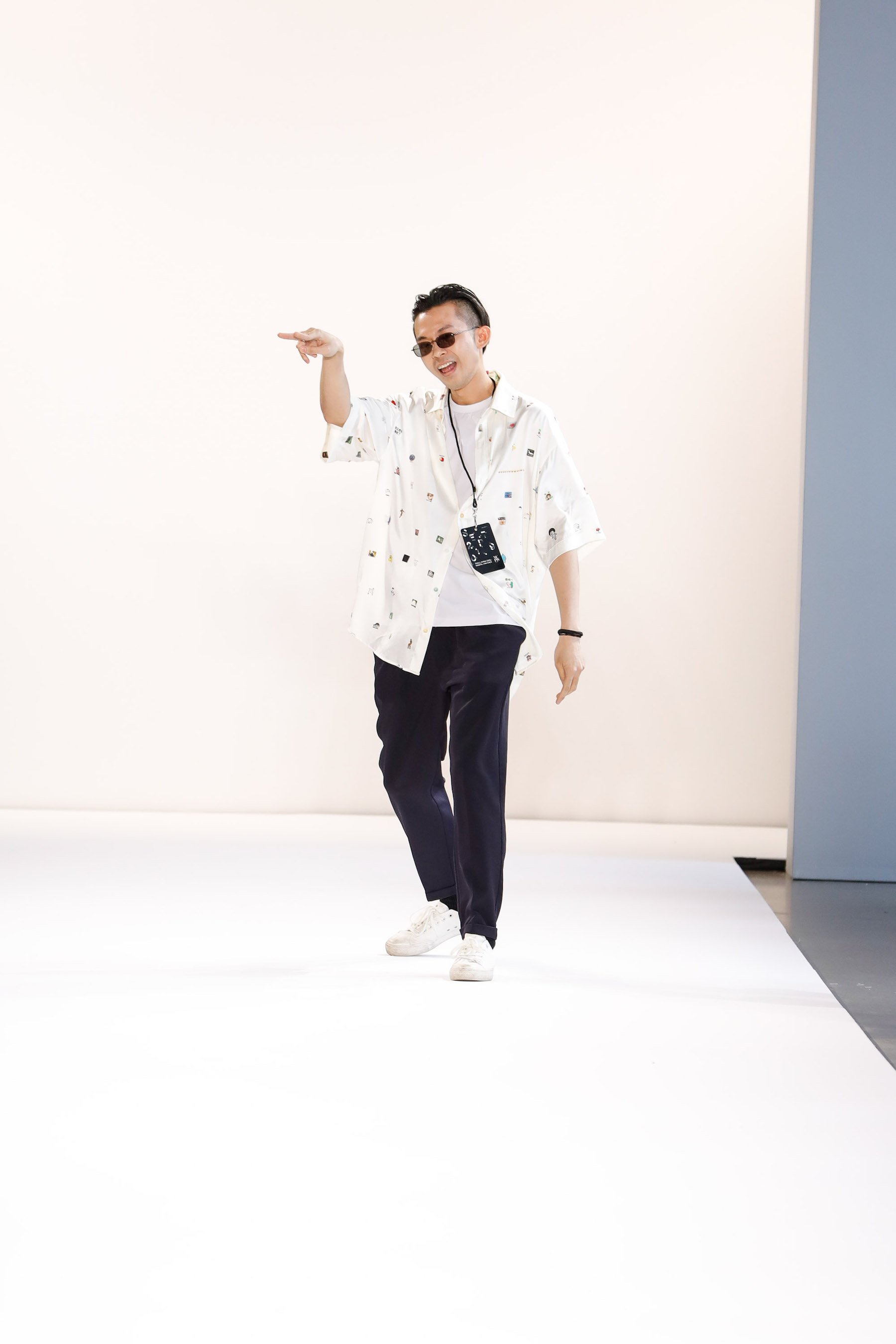
In China, uproar over a video piece has prompted the indefinite closure of a Shanghai art space called OCAT. Titled Uglier and Uglier, the eight-hour video features images of surreptitiously recorded female university students ranked in order from most attractive to least attractive, based on the artist’s judgment.
Chinese artist Song Ta created the work in 2012. At the time, it was displayed at the Ullens Center for Contemporary Art (UCCA) in Beijing, where it does not seem to have sparked attention or notoriety—at least nowhere near on the scale of the current global outrage. (Neither OCAT nor UCCA responded to Artnet News’s request for comment.)
Uglier and Uglier is described as “5,000 grainy clips” strung together, with numbers at the bottom indicating the individual woman’s ranking. It has a slightly more nuanced (though no less creepy) moniker in Chinese: “Campus Flowers.” Over the past week, the hashtag ‘Song Ta Campus Flowers’ has been viewed 100 million times on Chinese social media, according to reports.
Song Ta’s work has been widely seen in the international art world, including in the New Museum Triennial in New York in 2018. He has also been touted as “the first conceptual artist/curator transformed to fashion designer,” with his Songta brand appearing during New York Fashion Week 2019.
“Song Ta specializes in using facetious yet staggering conceptual art to challenge the boundaries of our imagination,” the brochure for Songta boasts, adding, “He was named ‘The Chinese Donald Trump’ by art institutes in China.”
OCAT Shanghai issued an apology on social media platform Weibo last Friday, saying it was withdrawing the work from the show, which was titled “The Circular Impact: Video Art 21” and curated by Dai Zhuoqun. The show was originally scheduled to run through July 11, but the gallery announced a temporary total shutdown for an unspecified duration. According to the statement, the owners planned to “reflect” on their mistakes.
“After receiving criticism from everyone, we immediately re-examined the content of the work and the artist’s explanation. We found that the concept of the work and its English title were disrespectful and offensive to women,” according to the statement. “And the way the work was filmed was suspected of infringement, etc. problem.”
A New York Times report on the uproar referenced a 2019 interview between the artist and the Chinese language edition of Vice, in which Song Ta described hiring three assistants to help with the process of sorting the extensive footage into folders that ranged from labels like “most beautiful” to “absolutely unforgivably” unattractive.
The Times said the final cut of the video did not include the two women deemed most beautiful, as the artist had saved that footage for his own personal enjoyment. When asked about objectification of women he said that everyone objectifies other people, regardless of gender and that he saw himself as a feminist—albeit one who did not fully comprehend “women’s issues.”